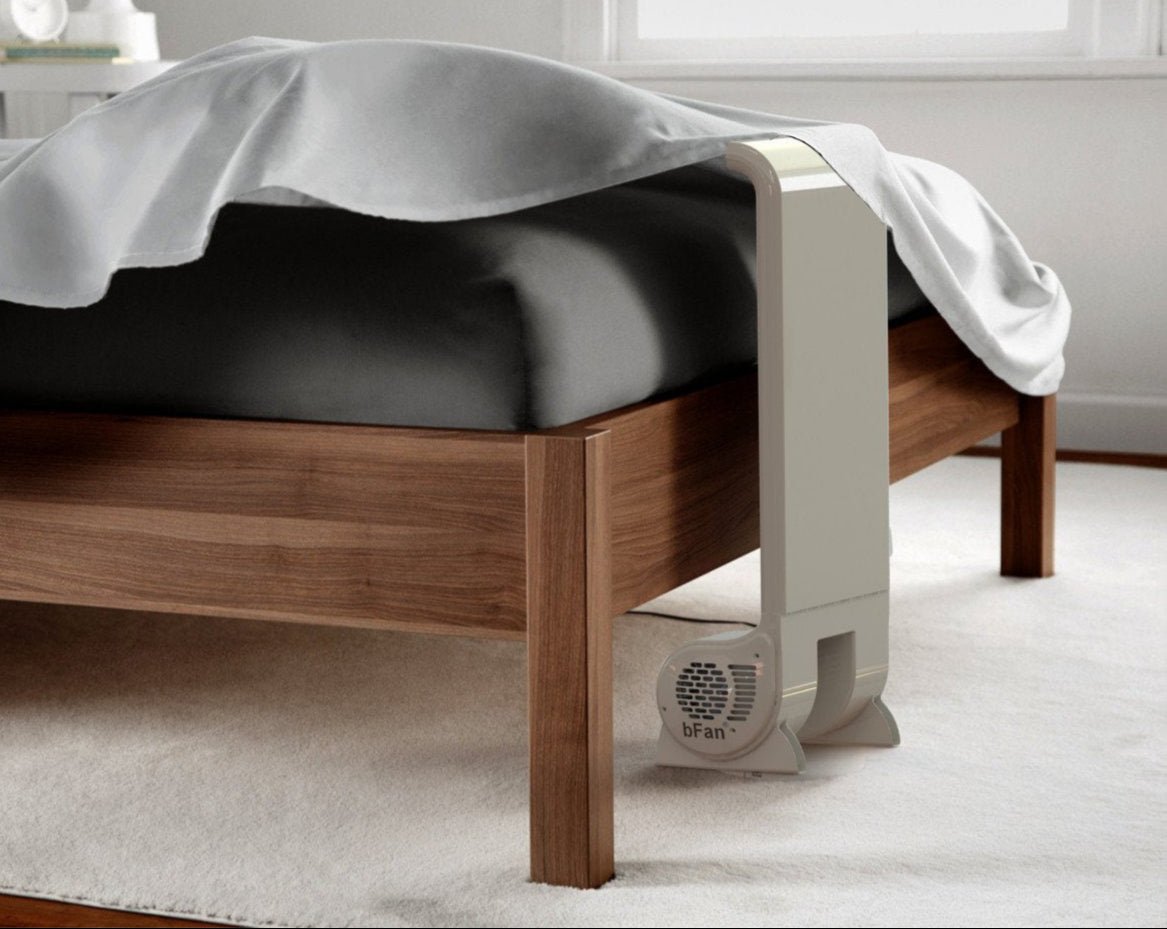Navigating Menopause: Answering Your Most Searched Questions
For women transitioning through midlife, menopause is a profound biological event that brings a bouquet of changes, from pivoting hormonal landscapes to a profound shift in well-being. This natural season of change is inundated with uncertainties, misconceptions, and a host of questions.
Here, we endeavor to demystify the most common inquiries swirling around menopause, ensuring that you sail smoothly through this pivotal phase with knowledge as your compass, and confidence as your first mate.
What Exactly Is Menopause?
Below the surface level, menopause marks the cessation of menstruation and the closure of a woman's reproductive window. It’s officially declared after 12 consecutive months without a menstrual period. However, the menopause process is much more than the termination of the monthly cycle. It’s underscored by hormonal shifts—specifically a decline in estrogen—that can lead to an array of physical and emotional changes. Menopause is a major turning point, both biologically and emotionally, and can often be misunderstood as a singular event when it's, in fact, a personal and transitional phase.
When Does Menopause Typically Start, and How Long Does It Last?
Menopause signals the end of the menstrual cycle and with it a woman's fertility. For most women, this begins between the ages of 45 and 55. However, the start of menopause (perimenopause) can occur many years before the final menstrual period, often from mid-to-late 40s. Postmenopause is the term used to describe the rest of your life after menopause. This stage can last for years, even decades.
What Are the Key Signs and Symptoms of Menopause?
Menopause unfurls a cloak of symptoms, varying from person to person in type and intensity. Common complaints include hot flashes, night sweats, irregular periods, sleep disturbances, vaginal dryness, mood swings, weight gain, thinning hair, and changes in libido. The severity of these symptoms can be attributed to several factors, including genetics, lifestyle, and overall health.
What Role Does Hormone Replacement Therapy Play in Menopause Management?
Hormone Replacement Therapy (HRT) has been a game-changer for many women navigating through menopause. By supplementing the body with hormones that are reduced during menopause, HRT can effectively alleviate symptoms and reduce health risks related to menopause. However, HRT is not without its risks, and it's pertinent to consult with a healthcare provider to weigh the benefits and potential side effects before deciding to use HRT.
Are There Natural or Alternative Approaches to Managing Menopause Symptoms?
Indeed, there are various natural and alternative approaches to manage menopause symptoms. Lifestyle modifications, such as eating a healthy diet, regular exercise, proper sleep hygiene, and stress management, can significantly impact how one experiences menopause. Additionally, some women find relief with complementary therapies like acupuncture, herbal remedies, and relaxation techniques. While promising, the efficacy of these approaches can vary, and it is advised to discuss these strategies with a healthcare professional.
What Health Risks Are Associated with Menopause, and How Can They Be Managed?
The hormonal changes that occur during menopause can increase the risk of certain health conditions, including osteoporosis, cardiovascular disease, and weight gain. Adopting a health-promoting lifestyle, which includes a well-rounded diet and regular physical activity, can be effective in reducing these risks. Regular screenings and dialogues with your healthcare provider can help to identify and manage these conditions should they arise.
How Does Menopause Affect Mental Health and Emotional Well-being?
Menopause is not just a physical transformation but also has psychological implications. Many women report experiencing symptoms of anxiety, depression, and mood swings during this time. It's important to recognize and address these emotional changes. Engaging in activities that bring joy, seeking support from loved ones and professionals, and practicing mindfulness can significantly improve mental health and emotional well-being during menopause.
Can Menopause Affect Relationships, and If so, How Can I Navigate This?
The physical and emotional changes that come with menopause can sometimes strain relationships, particularly intimate partnerships. Open communication, patience, empathy, and a willingness to adapt can ease the impact of menopause on relationships. Couples can explore new ways of connecting to maintain a healthy and satisfying relationship through this transition.
Are There Lifestyle Changes That Menopausal Women Should Consider?
Adopting healthy lifestyle changes can help women manage the symptoms and risks associated with menopause. Regular exercise, maintaining a healthy weight, staying hydrated, quitting smoking, reducing alcohol consumption, and managing stress levels are all beneficial practices. These changes can enhance overall well-being as well as combat specific menopausal symptoms.
How Can I Better Prepare for Menopause, Especially in My 40s?
Preparation is key to navigating the waters of menopause. In your 40s, it's wise to educate yourself about the process, maintain strong communication with your healthcare provider, and begin adopting a healthier lifestyle. Starting the dialogue about menopause with your provider early can help you set realistic expectations and develop a personalized plan for managing this transition.
How Can I Stay Informed and Find Support in My Menopause Journey?
Knowledge is empowering, especially when you have a community to share it with. Stay informed by reading reputable sources, attending menopause-specific workshops, and participating in online forums. Support groups can be invaluable for sharing experiences, receiving advice, and finding emotional support. Remember, every woman's menopause experience is different, but we can all benefit from shared wisdom and camaraderie.
In summary, menopause is a phase of transformation that's unique to every woman. By understanding the process, being proactive about your health, and seeking support when needed, you can traverse this life stage with grace and resiliency. It’s a chapter that closes one door and opens another to the vast potential of the postmenopausal years.
In the end, the most important lesson is that menopause is not an endpoint but a new beginning—a chapter in the book of a woman's life, marked by change and opportunity.
Share

